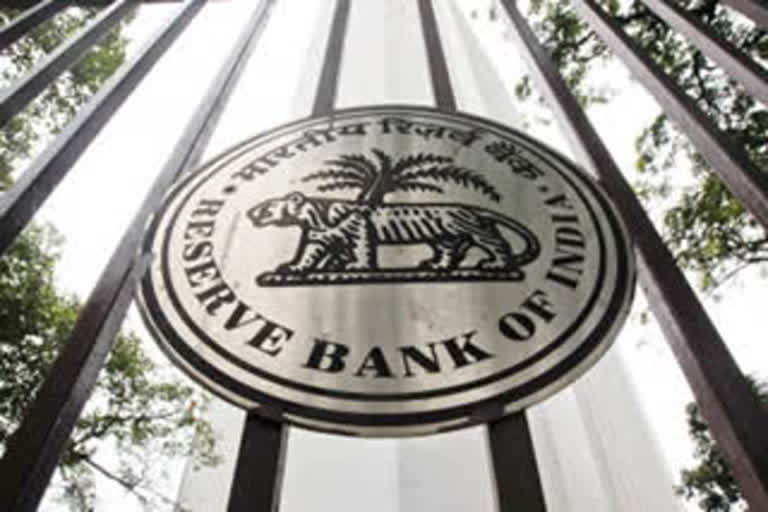New Delhi:The Reserve Bank’s decision to keep the key inter-bank interest rates unchanged is on expected lines but it may not be the last time when banks will not change the rates, said bankers and economists. Several bankers expect the RBI to follow the same policy throughout the rest of the financial year as the Central bank will have to manage a complex matrix of growth and inflations at a time when the second Covid wave has unsettled the growth trajectory.
Indranil Pan, Chief Economist of YES Bank says there was possibly little choice for the RBI but to keep policy rates unchanged and retain the situation-based forward guidance.
YES Bank’s top economist said that it appears the RBI would continue with easy financial conditions as long as necessary to revive and sustain growth on a durable basis.
According to Indranil Pan, the RBI’s message is tilted in favour of growth by plugging the liquidity gaps to specific sectors of the economy while keeping the rates at the same level.
“The growth-inflation mix is worsening for the RBI. The downward revision of FY22 real GDP growth projection to 9.5% highlights the economy-wide stress to revive growth impulses. Though the RBI highlighted tailwinds to growth, in our view the downside risks to this print comes from increased uncertainty through higher economic costs and health expenses going forward,” he said.
Read More:RBI keeps repo rate unchanged at 4%
“We see a long pause from the RBI unless either growth or inflation surprises,” the economist said in a statement sent to ETV Bharat, adding that he expected the RBI to keep policy rates unchanged in the current financial year.
Anagha Deodhar, Chief Economist, ICICI Securities, says the monetary policy committee’s unanimous decision to keep the repo rate unchanged was on expected lines.
“The decision to hold rates came on the back of a difficult backdrop of slowing growth and rising inflation,” she said in a statement to ETV Bharat.
According to Anagha Deoghar, the Reserve Bank’s forecast of elevated inflation by 20-30 basis points, coupled with a sharp reduction in growth forecast to 9.5% was mainly due to lower GDP growth in the first quarter of the current fiscal, which shows that the committee’s priority is to support growth recovery.
